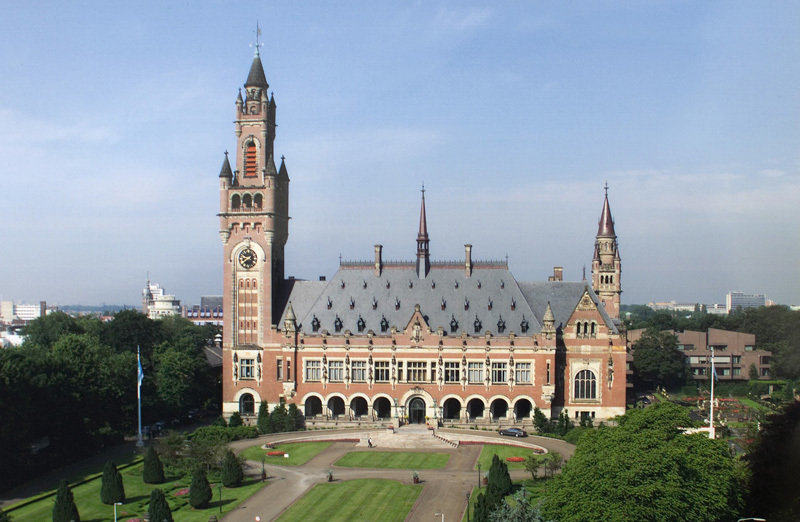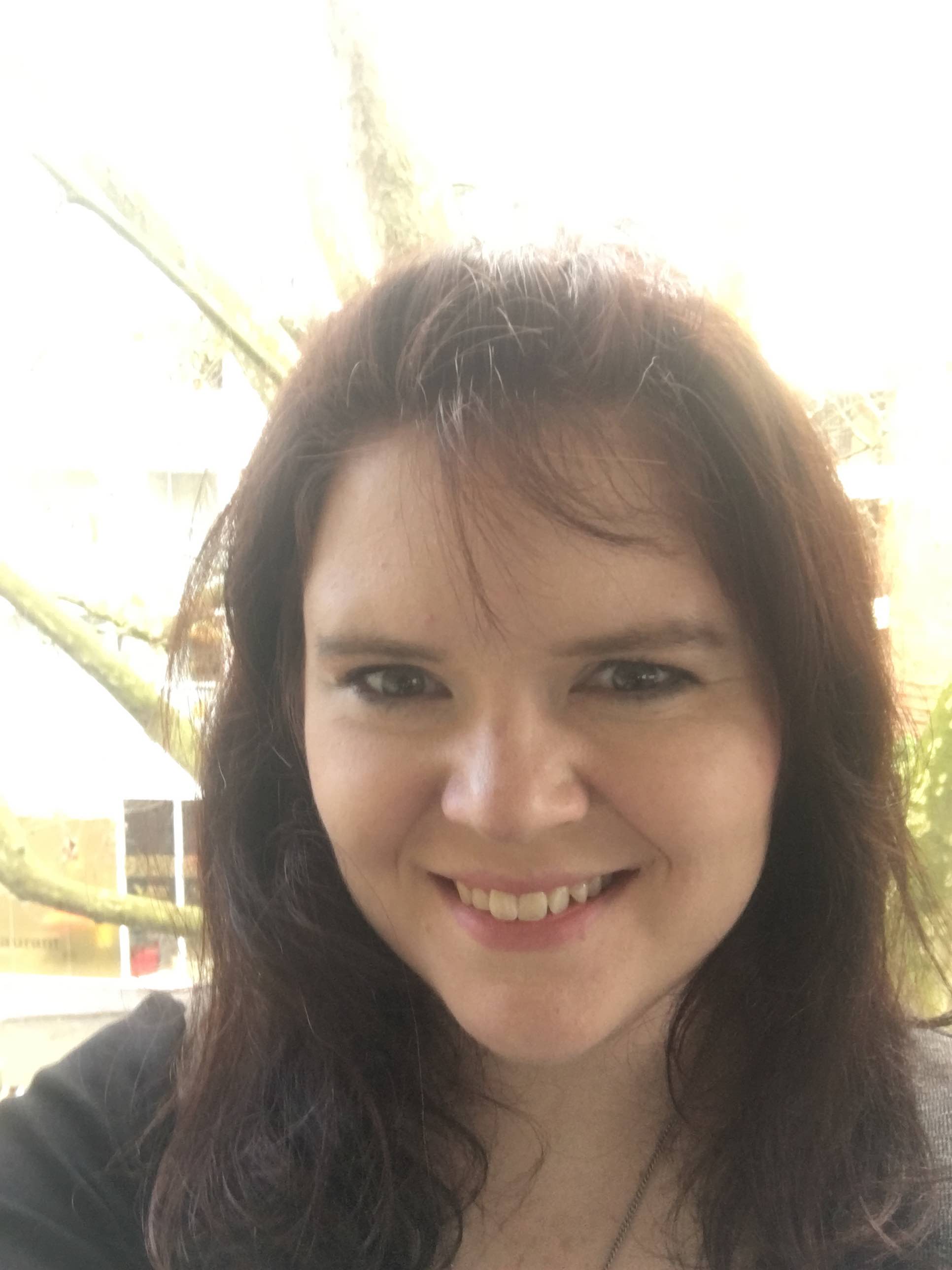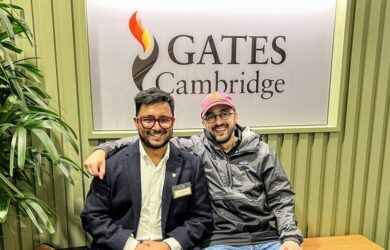
A new book co-edited by Annalise Higgins looks at the legacies of the Hague Peace Conferences.
The book seeks to argue that the Hague conferences have underpinned discussions on significant issues relating to the conduct of war and the maintenance of peace and international order.
Annalise Higgins
A Gates Cambridge Scholar has co-edited a new book on the legacies of the two Hague Peace Conferences that were held before the outbreak of the First World War.
Annalise Higgins has co-edited War, Peace and International Order? The Legacies of the Hague Conferences of 1899 and 1907, which brings together some of the latest international scholarship on the legacies of the Hague Peace Conferences in 1899 and 1907.
The conferences, the first international conferences to be called in a time of peace rather than in response to an existing war, discussed ways of formalising methods for limiting recourse to war and the destructiveness of any war that did occur. They tend to be seen by diplomatic and military historians as insignificant footnotes on the path to the First World War and by experts in international law in terms of the manner in which the conferences progressed the law of war and the concept and application of international justice.
The book came out of an international conference on the Hague Conferences’ legacies held in April 2016 co-hosted by The Centre for Human Rights Law, Policy and Practice and the Faculty of Arts at the University of Auckland.
Annalise [2016] did her MA at the University of Auckland prior to beginning her PhD in History at Cambridge. She studied under the supervision of Associate Professor Maartje Abbenhuis, who is currently working on a Royal Society of New Zealand Marsden Grant funded project on the global history of the Hague Peace Conferences.
Peace movement
In addition to co-editing the book, Annalise contributed a chapter based on her research into a large-scale public petitioning movement in support of peace that took place in Britain between when the first Hague Peace Conference was proposed in August 1898 and its opening in May 1899. The chapter focused on the movement's historical legacy.
She says: “We hoped that the book would draw together contributors from a range of backgrounds to give a sense of the multifaceted historical legacies of these two hugely important international conferences. The Hague conventions have had enduring legacies throughout the 20th century, but the importance of these late 19th and early 20th century steps towards codifying international law on perceptions of conduct in warfare are often obscured in a historiography that foregrounds the First World War and thus paints the conferences as well-meaning if ineffectual steps on the road to war.”
The contributors come from a range of international institutions, and many are leading figures in their fields. Topics include the dynamics of international diplomacy and law, disarmament, chemical warfare prohibitions, sexual assault in international law, public engagement with international affairs, the establishment of the Permanent Court of International Justice and the reinvention of the law of neutrality in the later twentieth century.
Annalise adds: “The book seeks to argue that the Hague conferences have underpinned discussions on significant issues relating to the conduct of war and the maintenance of peace and international order. Developing an understanding of the Hague Peace Conferences and their legacies can contribute to our understanding of the historical context of both international law that seeks to prevent war and international law that regulates conduct in time of war.“
For her PhD she is researching intersections between the environment and diplomacy, with a particular focus on interoceanic canals.
*Picture credit: Hague Peace Palace c/o Wikipedia.

Annalise Higgins
- Alumni
- New Zealand
- 2016 PhD History
- Trinity College
As a historian, I thrive on imagining the past and asking the question ‘why?’. Growing up in New Zealand surrounded by many stunning landscapes, I have developed a strong interest in how people think about the natural world. These interests were inspired and refined by the opportunity to complete a BA in History and Psychology, and a BA(Hons) and MA in History, at the University of Auckland. At Cambridge University, I will be researching intersections between the environment and diplomacy, with a particular focus on interoceanic canals. I am interested in treating international diplomatic treaties as texts which must be considered within their environmental contexts, rather than being mentally sequestered within the confines of diplomatic meeting halls. My previous research has focussed on public perceptions of international diplomacy, notably neutrality and the 1899 Hague Peace Conference, in the late nineteenth century. I have become fascinated by the challenge of trying to understand how people have grappled with ideas about their world and how it functions. Environmental challenges are particularly salient in the present, and I believe that an integral part of working towards international cooperation in addressing environmental challenges is developing historical understanding of how the inherently international challenges presented by the environment have been confronted in diplomatic contexts.
Previous Education
University of Auckland












